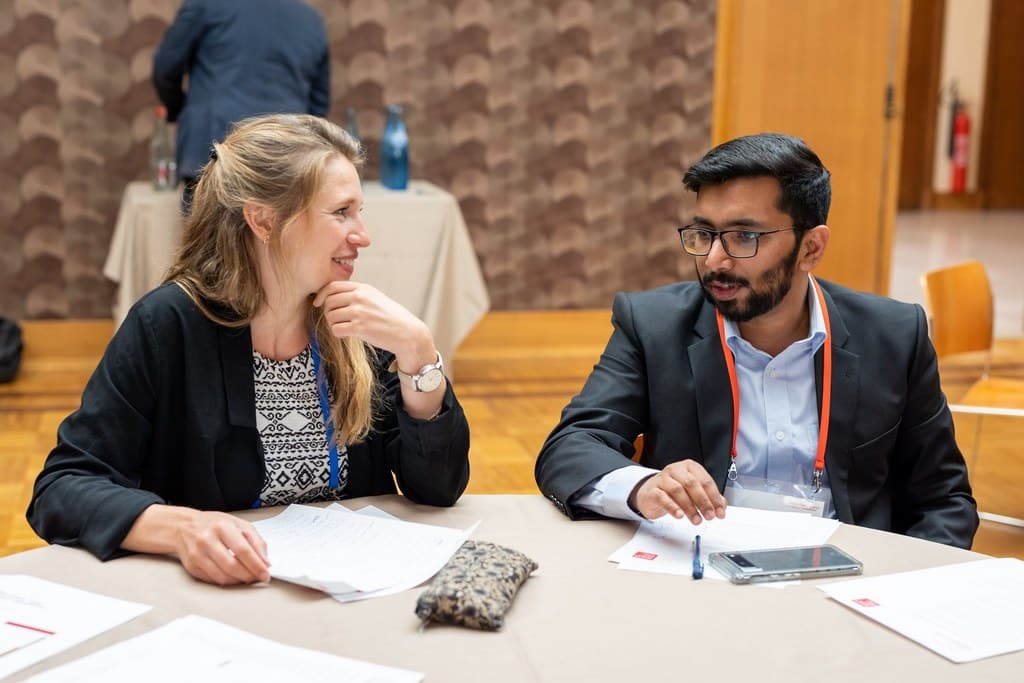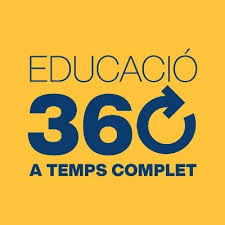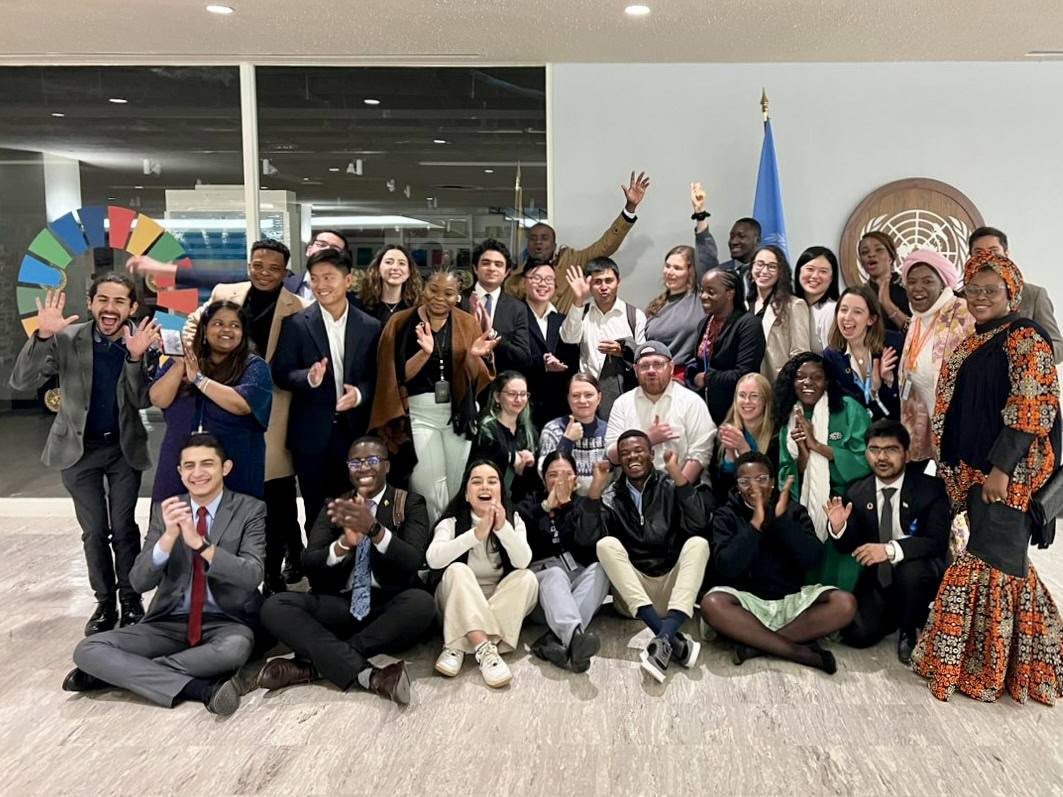The Learning Planet Institute supports the initiative of the International Year of Science
Engagement by proclaiming itself as a founding partner.
What does the IYSE mean to you, and why do you believe it is timely?
For me, the IYSE signifies a very relevant momentum whose development will provide fruitful exchanges, discussions and critiques until its implementation in 2027. The gathering of numerous stakeholders makes an important contribution to foster a diverse and inclusive exchange in the field of science advice.
Regarding my field of work, the event is timely rather urgent, as the Covid-19 pandemic has demonstrated the importance and benefits of scientific advice in conjunction with policymaking.
Moreover, there is a strong trend in society – the bipolar split into two extreme positions. One reason for this is poor explanation or communication on the part of policymakers. If politicians do not want to lose the backing of society, there is an urgent need to learn from institutionalized, far-reaching science advice in order to develop sustainable, long-term visions that are understood and therefore accepted by society.
How can science engagement increase awareness and the achievement of the Sustainable Development Goals?
In particular, the challenge of achieving sustainable development goals is an excellent example of how policy processes should be accompanied by scientific advice. The best link to achieving sustainable, well-designed policies is the collaboration of the most appropriate actors – politicians and science advisors.
On the one hand, a politician understands the complex political system as well as legislative procedures, has a well-developed network, and can reach goals through the legislative process in an engaged and proactive manner. I think the elaboration and implementation of a legal basis is the most efficient instrument to promote sustainable development. However, the policy outcome can only be exhaustive if the legislative process is based on a factual foundation through scientific advice and is constantly monitored for actuality.
How can the IYSE serve as a tool for building a global multi-stakeholder alliance(s)?
The IYSE is important for multi-stakeholder exchanges, which can be ensured through regular meetings and a well-structured program to make the gathering as efficient as possible. Exchanges in form of discussions seem to me the best way to develop new ideas coming from others or ourselves. IYSE should be created as a safe space with an open number of participants and an atmosphere where it is possible to ask questions and criticize. Only those who criticize develop new ideas and make participants think.

One consideration for making the alliance sustainable is that participants sign up for a list that is considered a multi-stakeholder pool. This pool helps to find stakeholders if, for example, future initiatives require special support.
Photo credit: Falling Walls Foundation
Meet Julia Kasten
Julia is a political scientist, interning at the European Parliament and working for internal politics in the committee for culture and education. As her unit seeks to implement more science advice into the policy process, I am very interested in the challenges and chances of putting scientific advice into practice.
What is the IYSE?
The International Year of Science Engagement (IYSE 2027) will inspire and empower people with knowledge, tools, and platforms designed to share their know-how, skills, and experiences. It will provide the interactive space in which the citizens of the world can engage with science and achieve the SDGs.
An International Year is a powerful tool for building global multi-stakeholder networks. Through activities, events and campaigns, International Years reach an audience of tens of millions of practitioners, scientists, industry leaders, decision-makers and members of the public worldwide.
This global initiative will build the momentum necessary to engage more voices and more minds with science and showcase its opportunities and contributions directly. It will equip the international community with the tools needed to push harder and further for transformative change. It will engage scientists worldwide with diverse stakeholders and the public to build consensus, test solutions, improve their theses, methods, and enable change.



